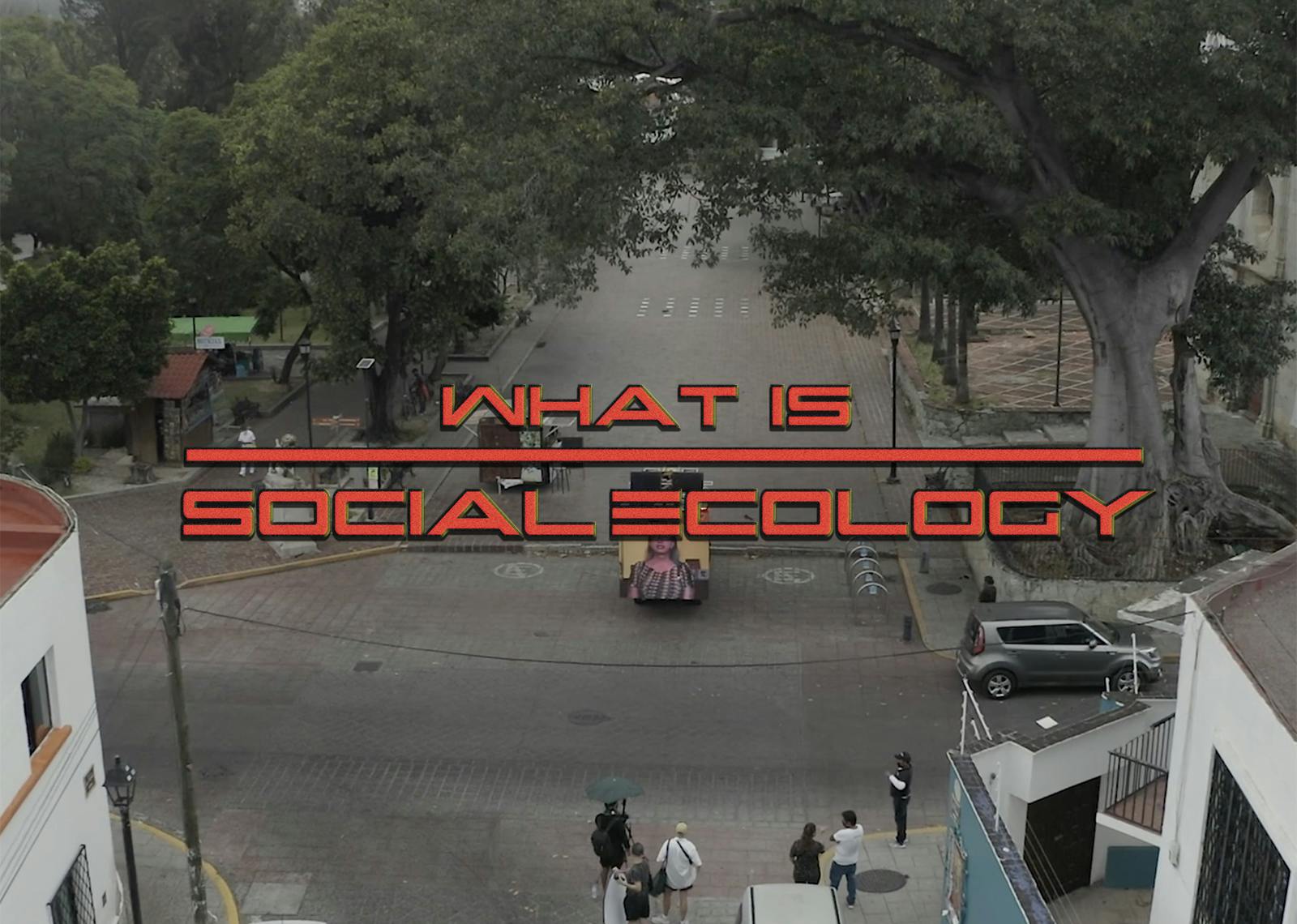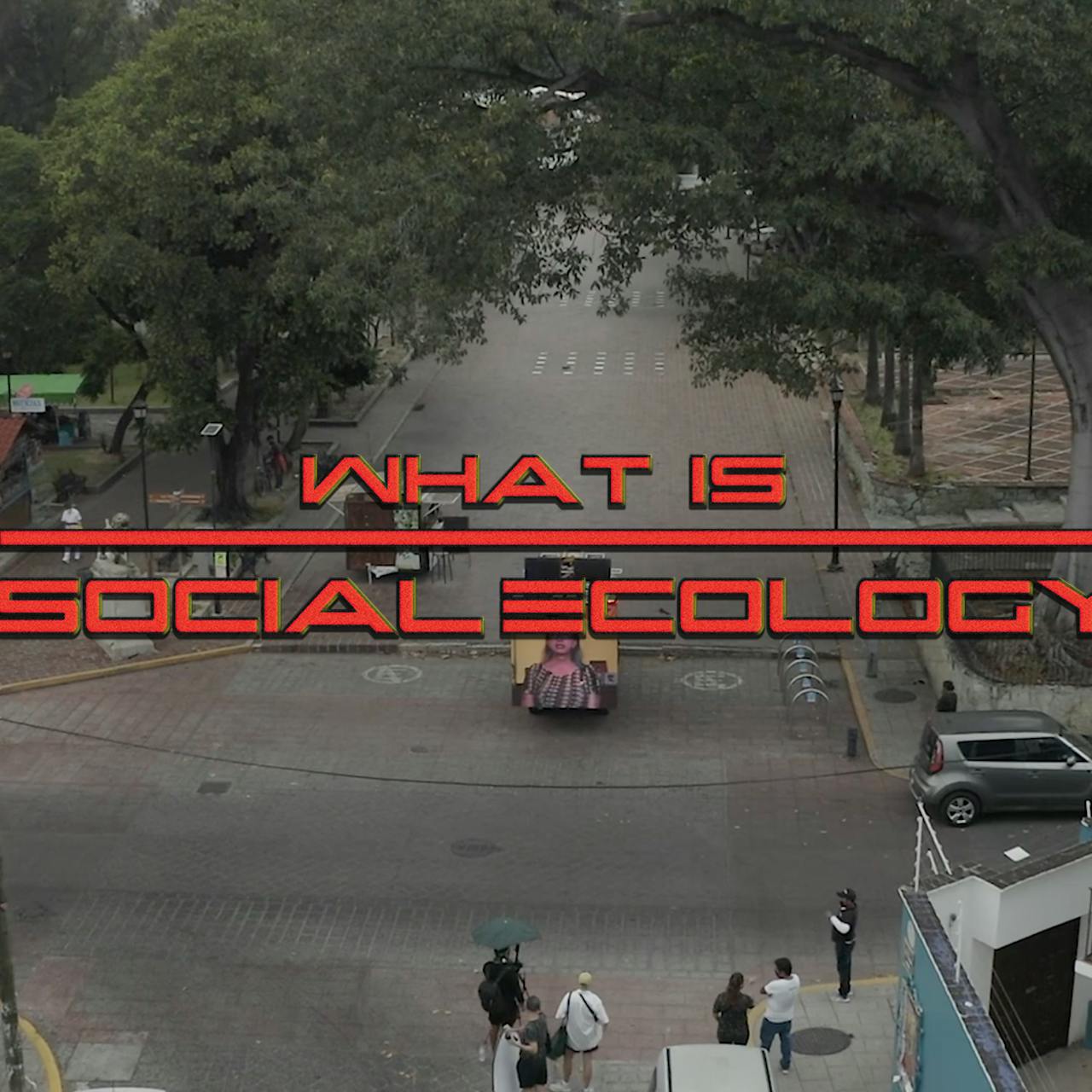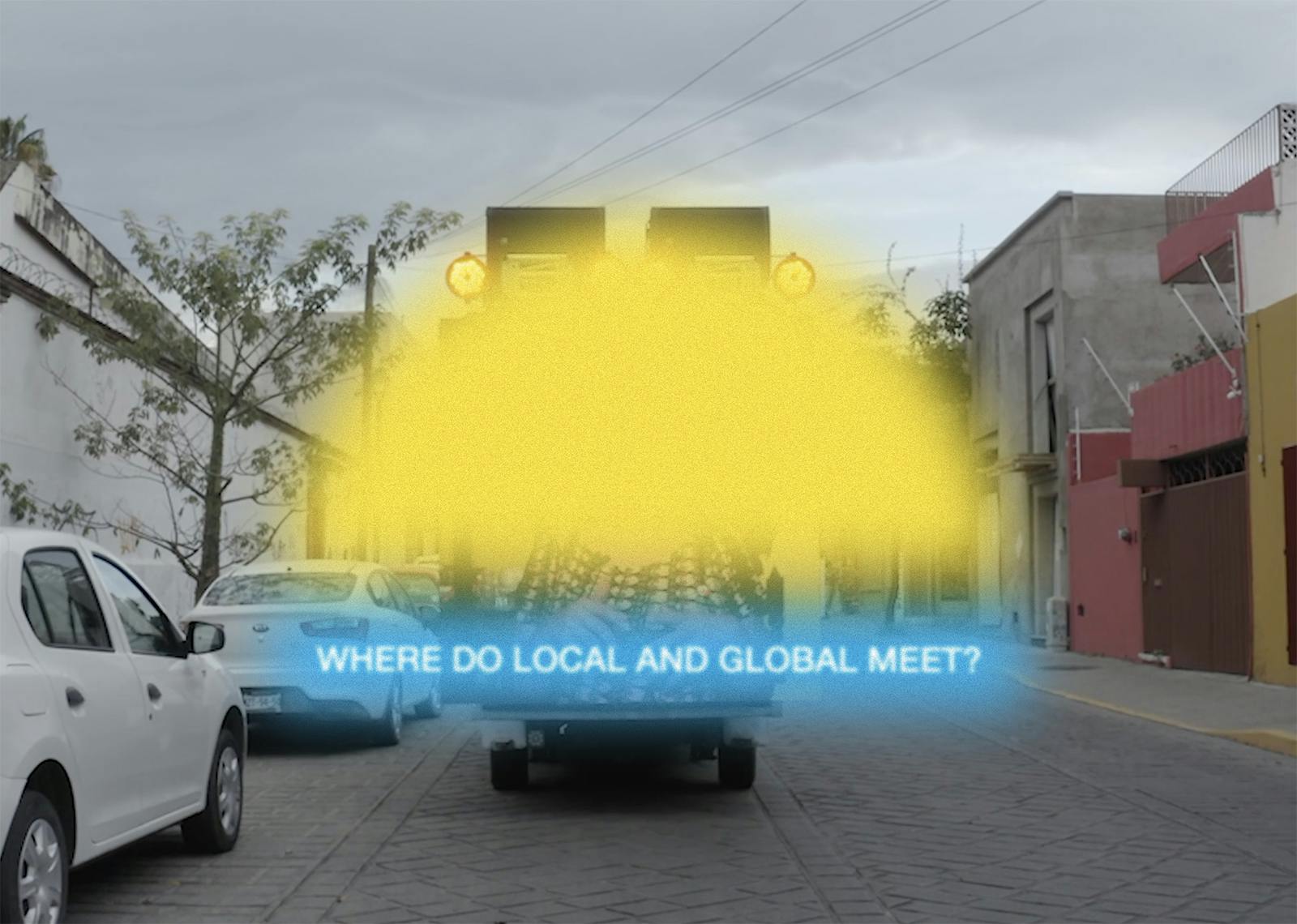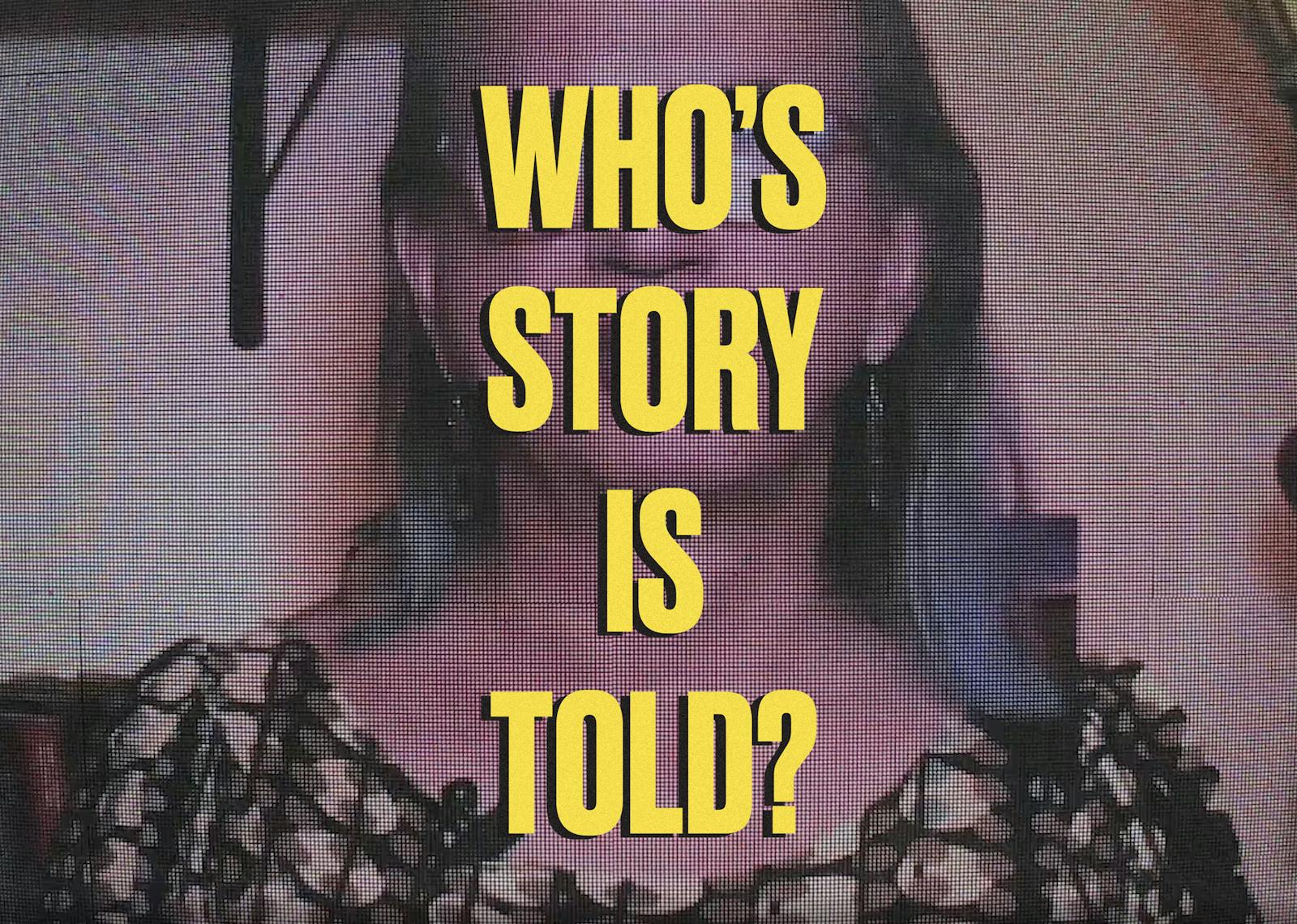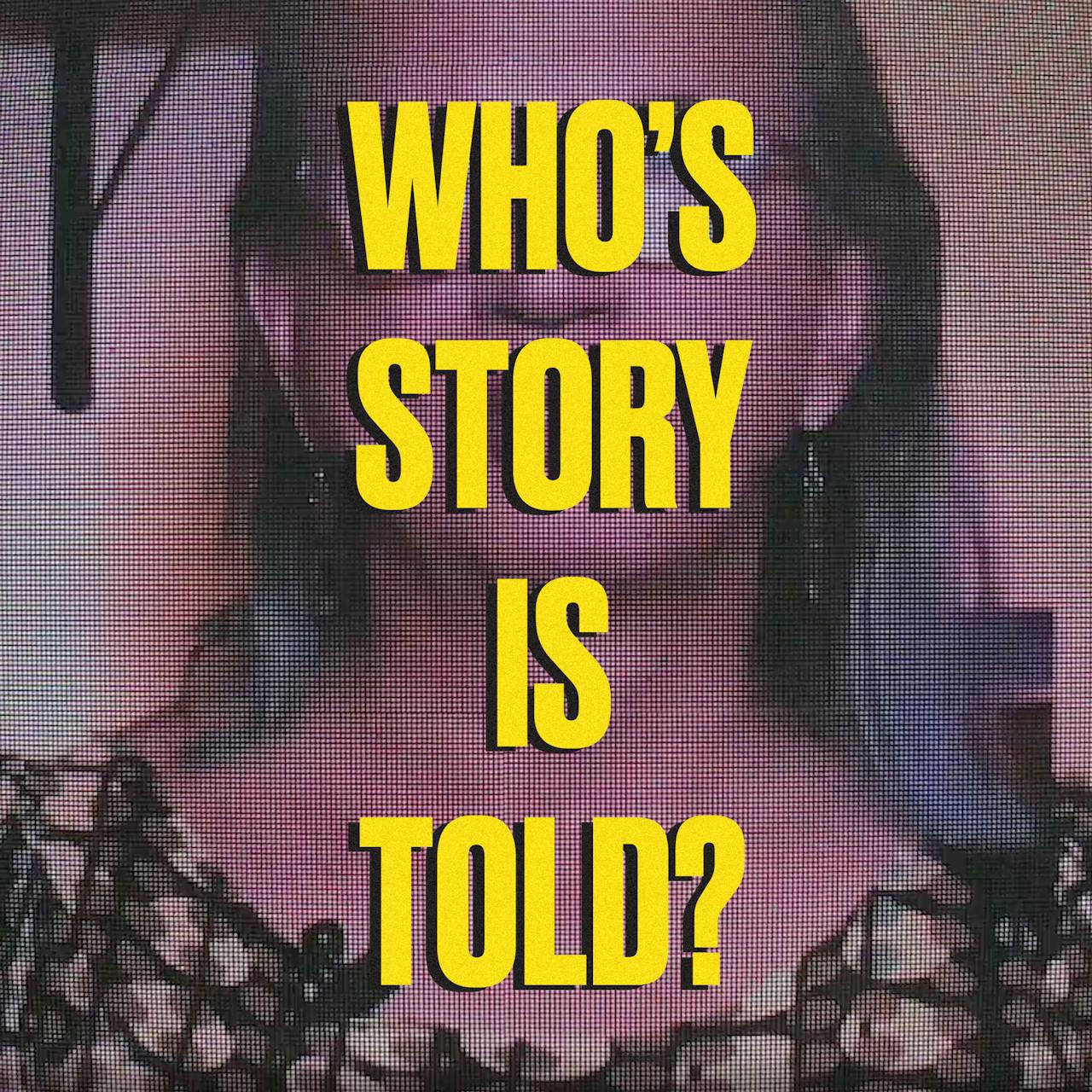No Empty Forest
Even the most remote forest is not an empty place, not a place untouched by humankind. The “wild” swathes of the Amazon, for example, have been shaped by thousands of years of indigenous activity: the forest is made in part by people. In fact, all ecologies are social, and all socialities ecological, explains Colombian scientist, thinker, and activist Brigitte Baptiste.
This social dimension manifests not only through the more obvious impacts of processes like farming, building, eating, and greenhouse gas-emitting, but also as narratives, identities, languages, and communities. The environmental, then, is also always political. Senses of self and community, the distribution of power, scientific practices, and biology itself are deeply intertwined. The ecological realm is an ethical landscape in which we act and interact.
Amidst ensuing climactic and political crises, humanity needs both alternative narratives around nature and our place in it, as well as a non-hierarchical space for local and indigenous narratives that pre-exist or endure globalized tales. Humans and ecosystems act together—whether in conflict or collaboration. From the ecological world, and from the different social relations people and communities tend to them with, we might learn to conceive a more fluid way of being in the world, one that embraces and enables the inherent diversity and interconnectedness of socio-ecological life.

